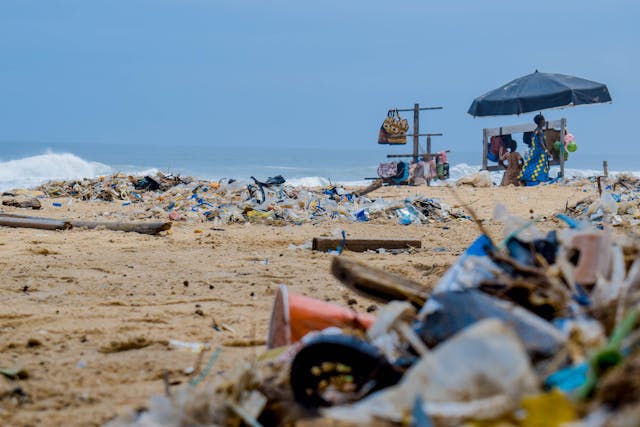Climate action refers to political and social efforts to combat the dangerous effects of climate change. It involves both proactive measures to address its causes, such as reducing greenhouse gas emissions, and reactive measures to mitigate its impacts, such as providing protection from extreme weather events. Climate action includes policies, regulations, and initiatives from both the public and private sectors.
At the global level, the Paris Agreement is the main international treaty for tackling climate change. Nations that have signed it pledge to reduce their greenhouse gas emissions and to increase their capacity to adapt to the impacts of climate change.

At the national level, governments are increasingly introducing policies and regulations to reduce emissions. This includes introducing fuel efficiency standards for vehicles, phasing out the use of coal-fired power plants, promoting renewable energy sources, and improving energy efficiency in buildings.
At the local level, initiatives such as urban greening, encouraging the use of public transportation, educating communities on climate risks, and introducing waste management initiatives can help reduce emissions and increase resilience.
The private sector has a crucial role to play in tackling climate change. Companies are increasingly investing in renewable energy sources, setting ambitious climate targets, and reducing their reliance on fossil fuels.
Ultimately, climate action requires collective effort and a shift in attitudes towards the environment. By taking action to reduce emissions and by investing in measures to protect ourselves from climate-related risks, we can help ensure a healthy and prosperous future for everyone.
Also read:
Responsible travel: How to travel eco friendly
Indian Ranks Highest Among G20 Nations in Climate Change Performance Index





